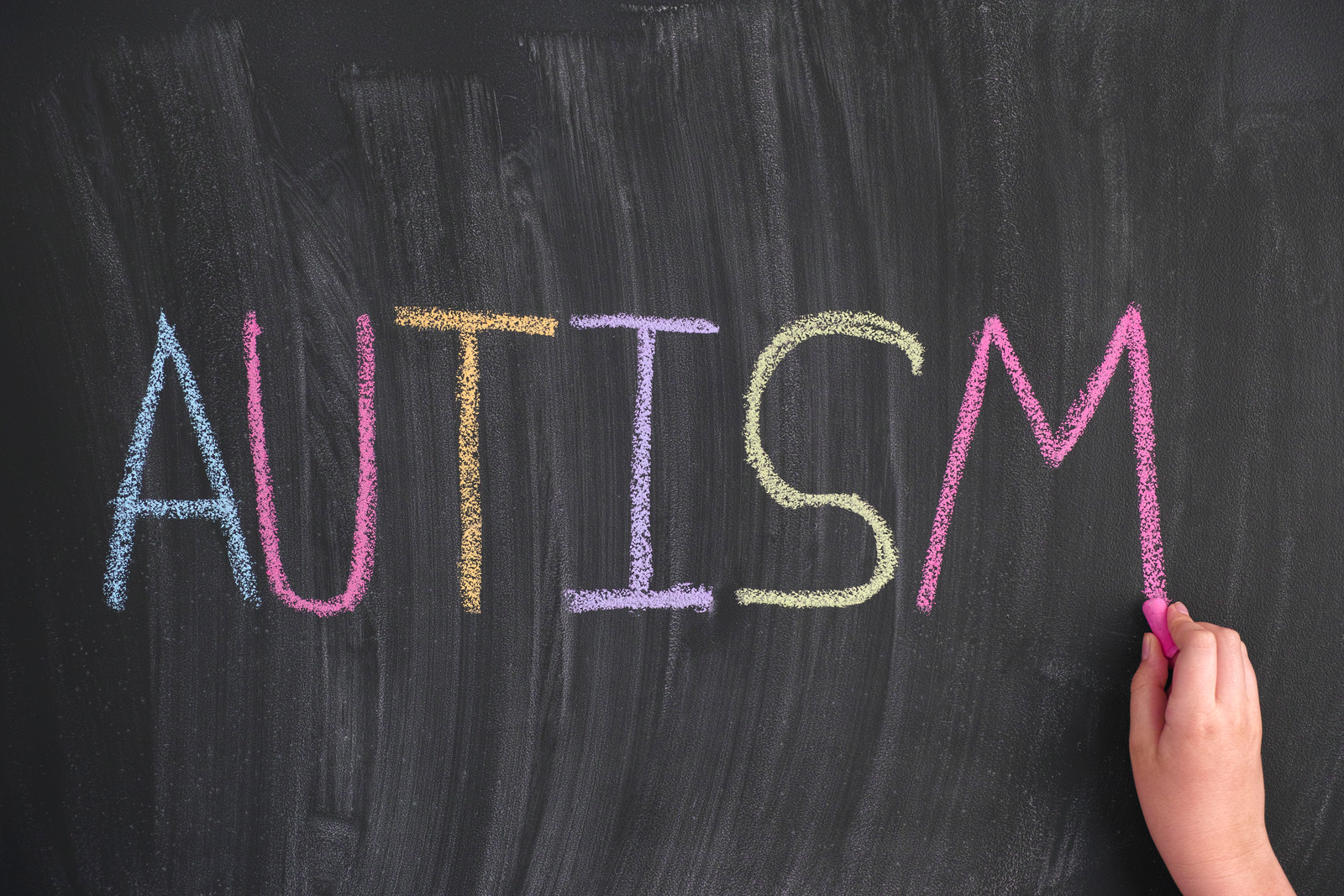Two words are often heard in discussions about autism: awareness and acceptance. But what do these words mean, and what are their implications for teaching?
In this special article to mark World Autism Awareness Day 2021, we’ll discuss autism awareness and autism acceptance in the context of education and answer some frequently asked questions about autism.
What is World Autism Awareness Day?
World Autism Awareness Day has been observed internationally since 2007. It occurs on 2nd April, and coincides with the UK’s Autism Awareness Week – which in 2021 runs from 29th March to 4th April.
Both events aim to increase awareness and understanding of the needs of autistic individuals and deliver key information on topics that can affect their lives – such as diagnosis, accessing education, and support in the workplace.
What is theme for World Autism Awareness Day 2021?
The UN theme for 2021 World Autism Awareness Day is ‘Inclusion in the Workplace: Challenges and Opportunities in a Post-Pandemic World’.
Many of the discussions around workplace challenges and opportunities are also relevant to education. During the pandemic, lockdowns and school closures transformed the way that children across the UK accessed education. Classrooms, like most workplaces, moved online. The explosion in online learning benefited some autistic children, especially those who are currently without a school place, and those who struggle to attend school due to anxiety. Yet for other young autistic children, remote learning only served to deepen existing difficulties with mental health, relationships, and learning.
What is autism?
The National Autistic Society defines autism as:
‘A lifelong developmental disability which affects how people communicate and interact with the world.’
Autism is often described as a neurological condition. In layman’s terms, this means that the brains of autistic individuals are wired differently to those of non-autistic (or ‘neurotypical’) people. Being autistic can affect different people in different ways, and some autistic people face challenges with:
What is neurodiversity?
There is a growing movement to accept autism as part of someone’s identity, not a disorder that needs curing. This is called neurodiversity. From a neurodiversity perspective, the brain differences seen in autistic people are just that: differences. They aren’t abnormal, they’re simply variations of the human brain. The concept of neurodiversity has real benefits for autistic children (and those who care for them). It helps them see their challenges as differences, not deficits. It can also help teachers and carers identify positive approaches that can work with a child’s strengths.
Is autism a hidden disability?
The challenges faced by autistic children aren’t always obvious. Although some autistic children are ‘non-verbal’ (meaning they don’t use speech to communicate), many are verbal. These children are sometimes referred to as ‘high functioning’, but this term is misleading. People often assume (wrongly) that an autistic child with who can speak fluently needs little or no extra support. However, verbal autistic children may experience considerable difficulties with sensory processing, communication, and social understanding that affect many aspects of their life – such as getting the bus to school, forming friendships, managing anxiety, predicting consequences, and assessing risk. As a result, young autistic people can find the school environment challenging – they may struggle to access education and realise their full potential.
Which brings us neatly to the next question:
What is autism awareness in the classroom?
Awareness focusses on the child’s challenges, needs and vulnerabilities. It helps teachers understand how these challenges may affect a child’s academic performance and their ability to access learning activities. It also allows them to plan and develop ways to support the child.
For example, a child who is noise sensitive may require simple (but significant) interventions such as ear defenders to help them concentrate more easily. Other children may require more significant support, such as sensory breaks, or a 1-1 worker to help them follow instructions and navigate group-based learning activities.
Awareness is important. That’s because children cannot learn to their full potential if they don’t receive the right support. If the child falls behind, their anxiety can worsen, which makes learning harder. It’s a vicious cycle that can lead to children refusing school and even dropping out of education altogether. This has a huge impact on their self-esteem, mental health, and employment prospects.
What is autism acceptance in the classroom?
Awareness, though important, is very much focussed on what sets autistic children apart. Acceptance, in contrast, has a strengths-focus. It means embracing the child for who they are, valuing them, and highlighting their opportunities.
From a teaching perspective, acceptance means identifying a child’s strengths, and identifying ways to harness these strengths so the child can flourish. It means finding out what the child is good at and building on this first, before looking at the problems and how to fix them.
Contrary to popular portrayals of autistic individuals (such as Sheldon Cooper in ‘The Big Bang Theory’), a diagnosis of autism does not necessarily indicate unusually high intelligence. However, every autistic child is an individual with their own strengths and qualities, and interests that can be championed and used to help them learn.
Strengths-focussed teaching builds a sense of self-worth and confidence in autistic children, which are fundamental to successful learning.
We can incorporate strengths focus into teaching through:
- Individualised assessments
- Finding out what students are good and building on that first, before focussing on areas for improvement
- Treating education as a shared learning journey
- Giving students time to be heard
- Using encouragement and positive language
- Celebrating students’ wins
- Helping students understand their own potential and the possibilities that lie before them
At George Alexander Tuition, we are passionate about using a strengths-based approach to teach maths. We offer 1-1 tuition to supplement in-school learning, exam coaching from 11+ to A-Level, and bespoke home learning packages. Check out our YouTube channel to see some of our lessons in action! If you’d like to speak to us and book a maths tutor for your child email us at info@gatution.com or call us on 07494 672719. You can even message us directly through our Instagram page.




